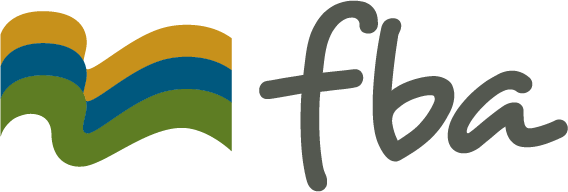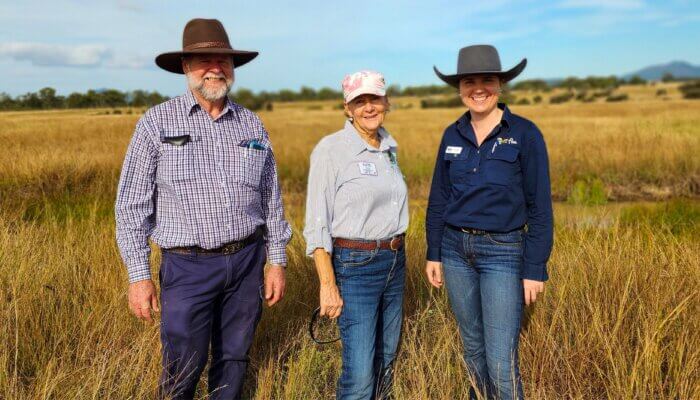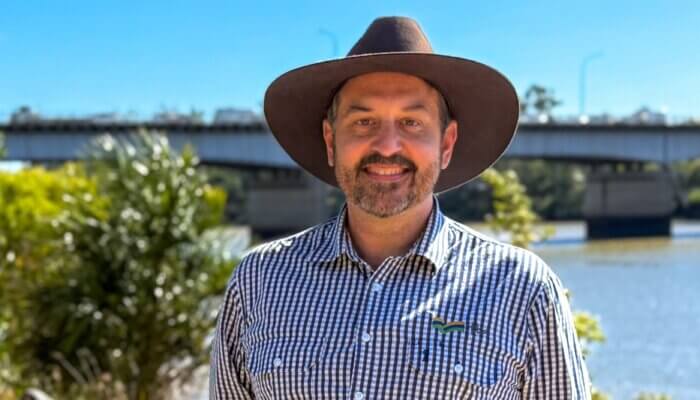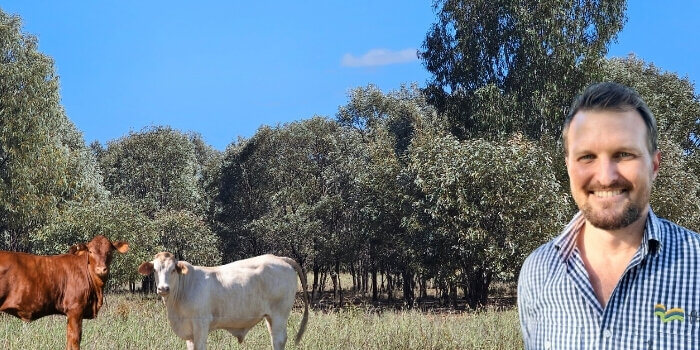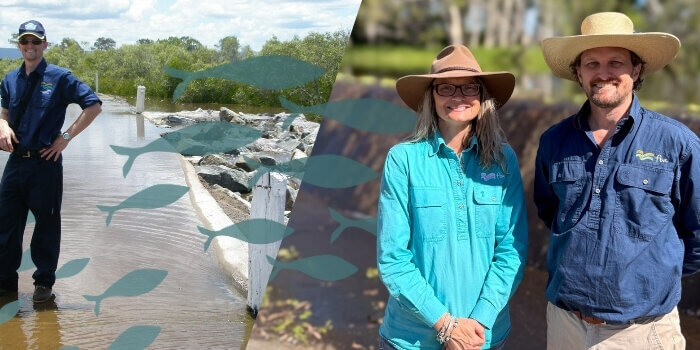
Turtle Nesting Season is here!
Posted on October 29th, 2019

The most exciting time of the year is officially here and we’re not talking about Christmas. From now through to January mother marine turtles will arrive on our central Queensland beaches to dig their nests and lay eggs. Marine turtles have been repeating this process annually for over 150 million years, however, with six of the seven species struggling to survive this event is more magic and important than ever. To give the next generation of turtles a fighting chance Team Turtle CQ volunteers and Fitzroy Basin Association (FBA) are already working hard and are asking all central Queenslanders for help.
Central Queensland has some of the most important marine turtle nesting sites in the world. Four species of endangered marine turtles nest along our Curtis and Capricorn beaches and welcome the next generation of hatchlings each year. While tourists flock to our beaches in the hopes of spotting a shelled creature, our region’s turtle guardians have the significantly less glamourous job of around the clock observing, monitoring and reporting.
Team Turtle CQ is a volunteer-based network of beach observers. Last year saw the network double in size bringing the total number of volunteers to 54. These members walk their designated beach to identify and record signs of turtles or things that may jeopardize their chances of survival. The data recorded is used to help increase the marine turtles’ chances of survival and help FBA develop verifiable trends and patters of local marine turtle nesting and hatching behaviour.
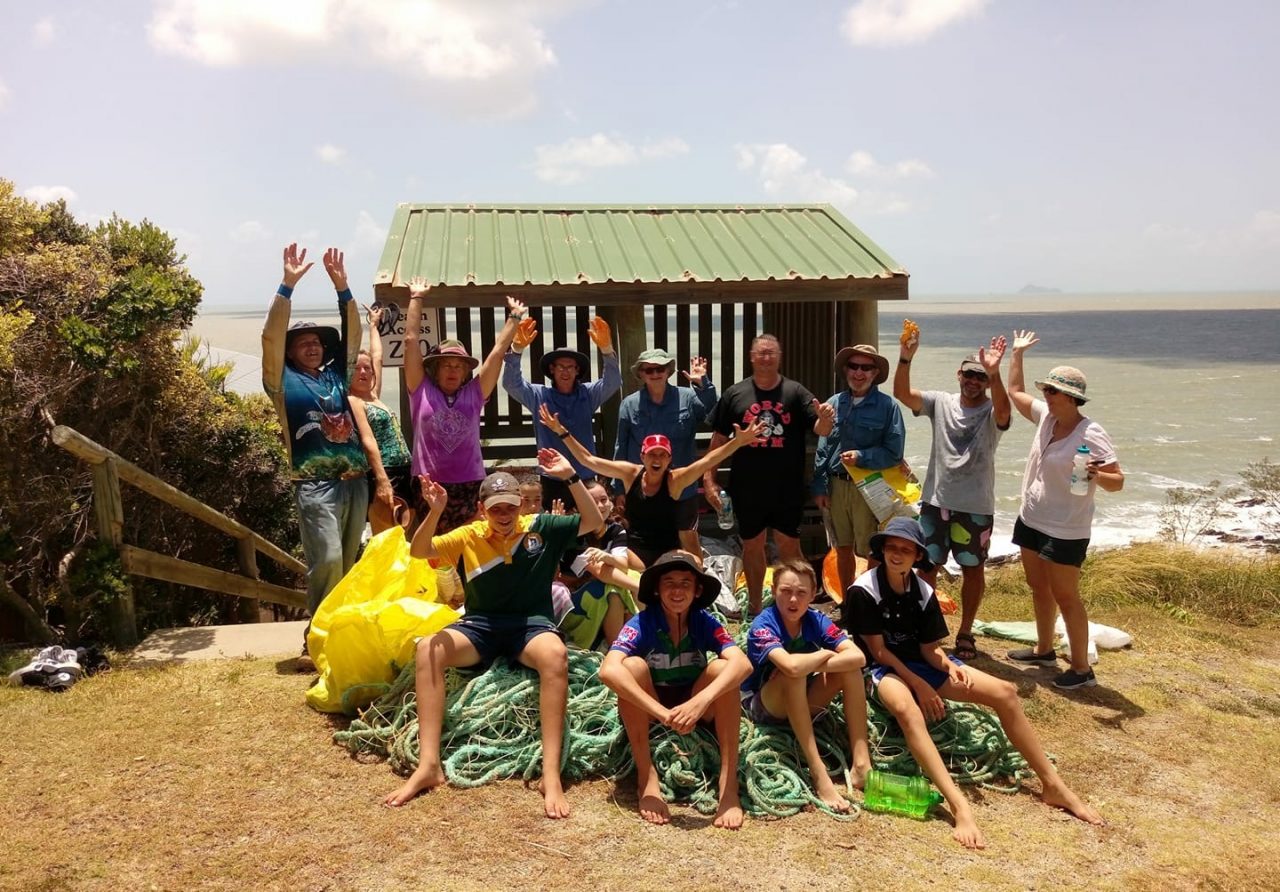
Team Turtle CQ members and the marine debris they removed from a local beach. 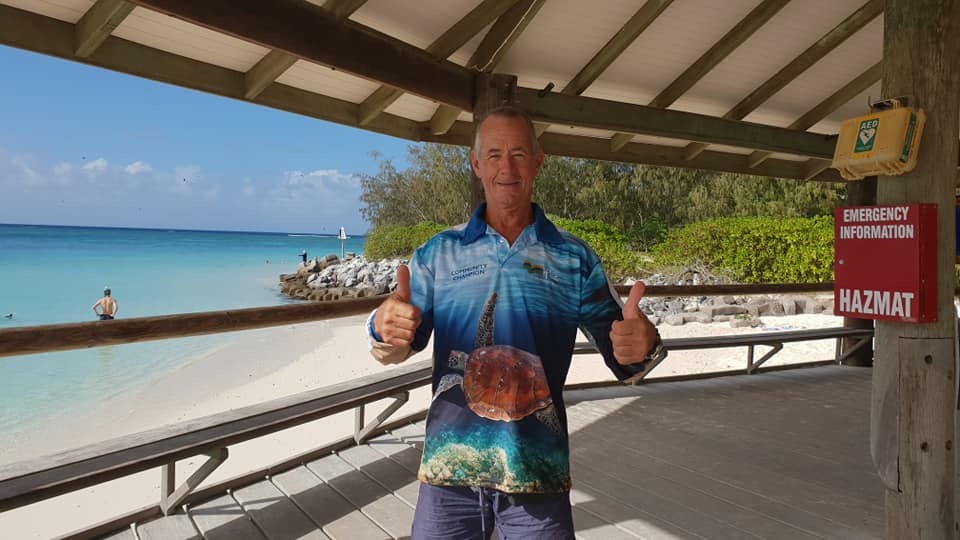
Team Turtle CQ member Ian Anderson
While the enthusiastic group do an amazing job, they are asking for all central Queenslanders to help. Better yet, you don’t need to be located anywhere near the ocean to do so.
Marine debris affects marine turtles throughout their lifecycles. Mother turtles may give up on laying eggs if they cannot dig through the rubbish on nesting beaches. Hatchlings may never find their way from egg to ocean if they become disorientated or entangled in land-based rubbish. In the ocean, turtles may eat plastic waste (especially plastic bags that look like jellyfish) which can cause injuries to their internal organs and sometimes result in death.
This nesting and hatching season Team Turtle CQ and FBA are asking that you reduce, avoid and recycle in the name of our local turtles.
Reduce the amount of plastic that you consume by looking for waste-free alternatives.
Avoid microplastics. Microplastics are pieces of plastic smaller than 5mm, are found in many supermarket products and can be harmful to sea turtles and other marine species.
Recycle and be mindful of where your rubbish might end up. The streams and rivers in our region all lead to the Great Barrier Reef and the connected oceans. Ensure that your rubbish doesn’t get ingested by a sea turtle by disposing of your rubbish thoughtfully.
Sea turtles aren’t the only animals struggling with ocean rubbish, marine debris has a huge negative impact on our ecosystem. Taking action to reduce our waste at its source FBA has installed 27 Drain Buddies across Rockhampton, Yeppoon and Gladstone. Drain Buddies are a heavy-duty basket, trapping litter and other pollutants in stormwater drains, preventing matter from entering our waterways and ocean. As these devices collect debris, they provide location-specific data that can be used for waste reduction activities. While the project is only in its infancy, promising results are already starting to emerge as project teams have identified various litter types and their source.
If you see a marine turtle on a Curtis or Capricorn Coast report your sighting through our website.
If you spot an injured marine turtle or one in need contact 1300 ANIMAL (1300 264 625)
Team Turtle CQ is supported by FBA through funding by the partnership between the Australian Government’s Reef Trust and the Great Barrier Reef Foundation.
